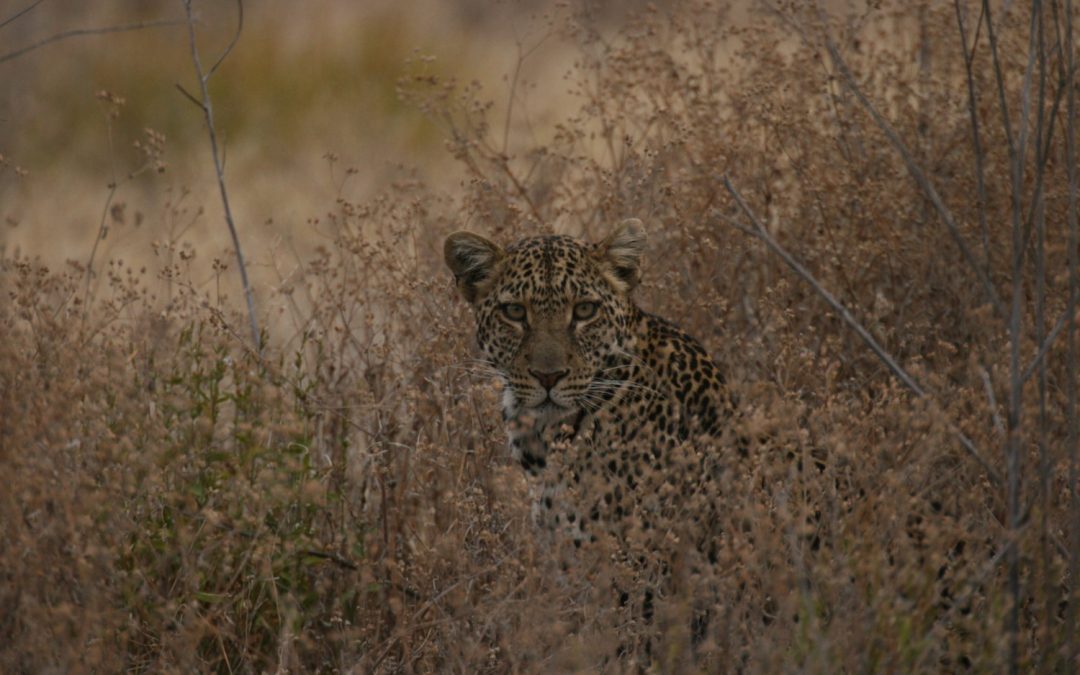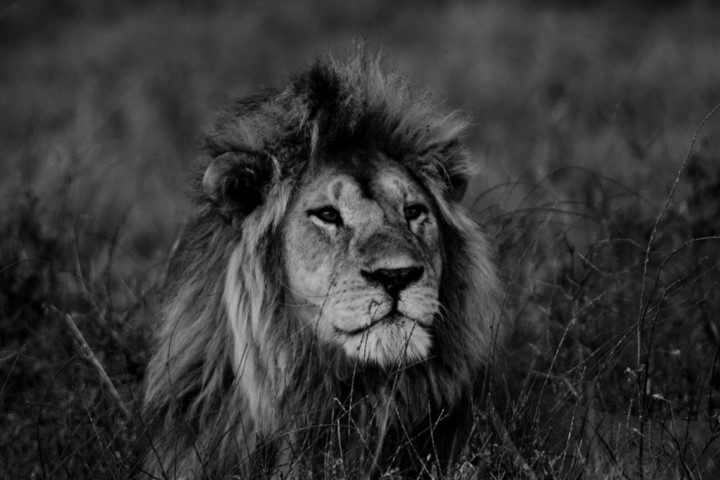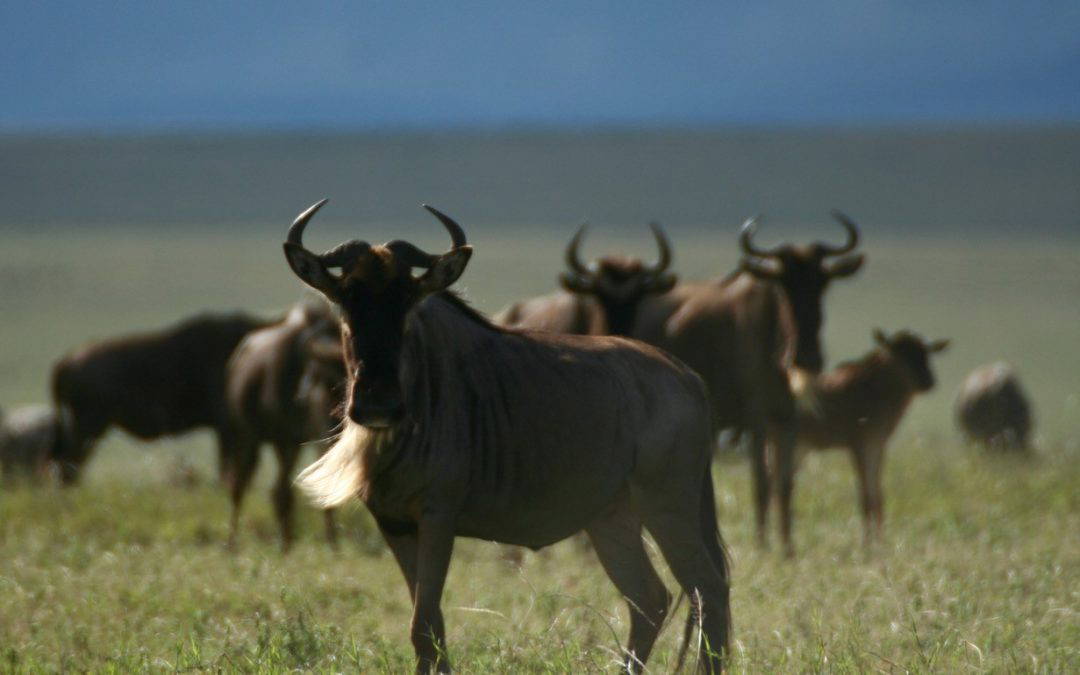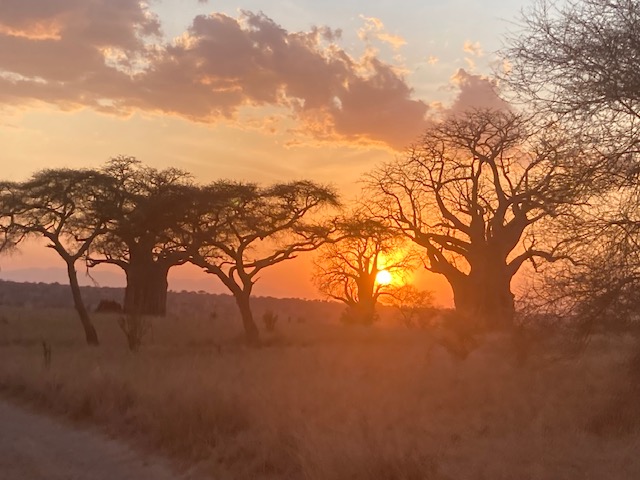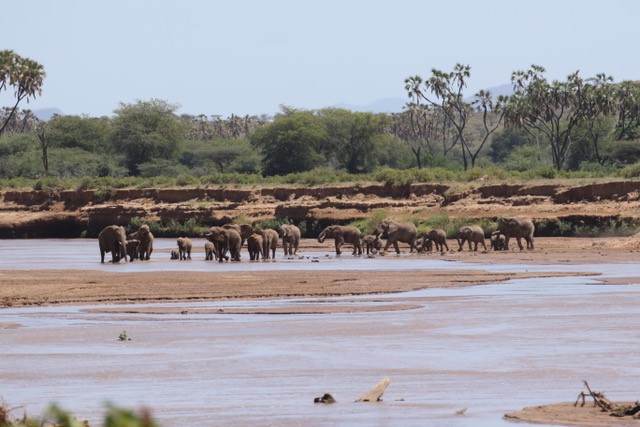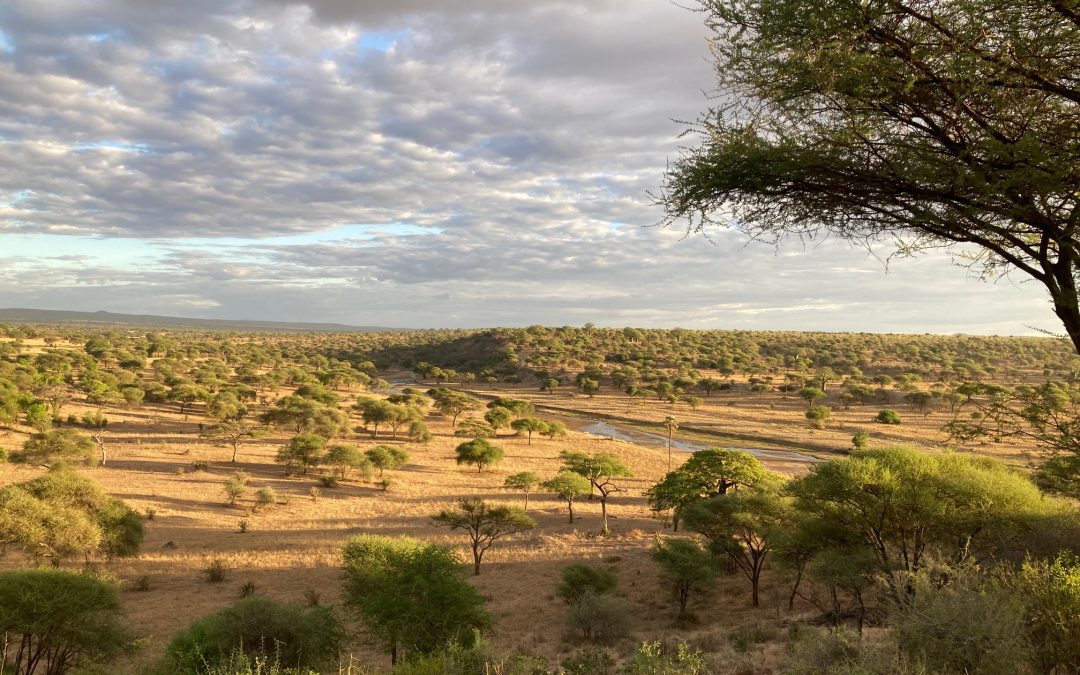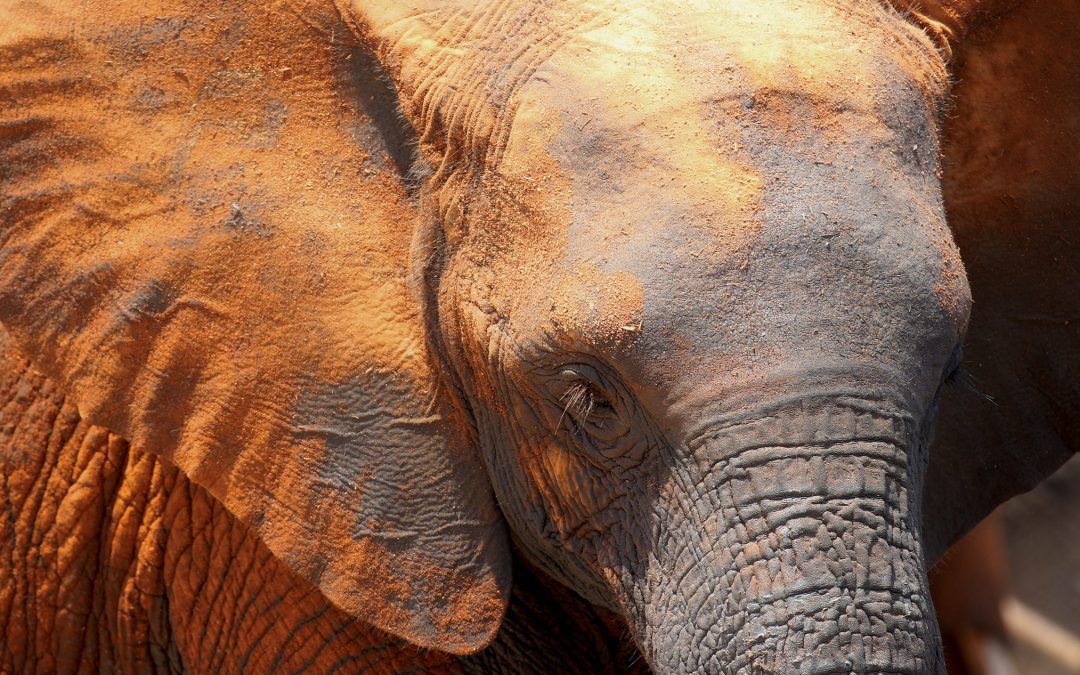For many, going on a safari is a trip of a lifetime!
Putting together a safari is exciting beyond words, but at the same time it can feel daunting – the idea of ‘I have only one shot at this so I better make sure it’s ‘perfect’ adds a huge amount of pressure.
Designing ‘once-in- a lifetime’ safaris to Tanzania has been our job for over 10 years and we feel if you keep in mind the following 8 tips your trip will be fabulous, and meet all expectations!
- Think about the type of safari that best suits you and communicate this with us.
Before getting in touch with us, ask yourself the following:
- What time of year am I looking to go on safari and how many days do I have for my trip?
- How many people are in my group and what are their ages? (The ages of children are important when it comes to park fee costs and getting the best deals at lodges)
- Would I prefer canvas, concrete or a mix of both when it comes to accommodation?
- What are our interests? Is seeing the wildebeest migration on our bucket list or are we happy to just see a diverse range of animals. Do we want to see anything specific such as a visit to Olduvai Gorge, or a Masai homestead? Are there any bird watchers in the group?
- What budget do I have for the trip? This is important. Safari on the whole is expensive but accommodation ranges from $200/day to $2000 /day. Let us know what price point you are comfortable with.
- Do I have any reservations, or worries about this trip? If yes let us know! For example, some folks are hugely worried about bugs! Going to Africa you can expect bugs but there are certain tips we can give you to avoid them as best as possible.
Communicating the answers to the above questions with us will be hugely helpful as a starting point to putting together your ideal safari itinerary.
2. Don’t try and tick all the boxes
Less is more when it comes to visiting national parks. In Tanzania we are lucky that all the parks in the northern safari circuit are relatively close together but for an 8–10-day trip I still would not recommend trying to visit ALL the parks just to say you have done so. Our advice would be to choose 2-3 areas that are in their prime for the time of year that you wish to travel and maximise your time game driving those areas, rather than being in transit from one park to another.
3. Consider going in the low season
The internet will tell you that April/May is not a good time to be on safari in Tanzania, because it will rain… Ask any local who has spent years living here and they will all tell you all their best game drives have been in April/May! It’s true, it might rain, but rain means game! Dramatic stormy skies make the best pictures, and once the down pour has passed, the light is amazing! Its every photographer’s dream! The wildflowers start to bloom end of April/beginning of May carpeting the plains in white/yellow and purple flowers – its simply breath taking! The annual wildebeest migration is still on the short grass plains and the masses of cars and tourists who have come to see the calving have returned home, giving you a good chance of having the place (and your sightings!) to yourself!
A further bonus, the low season also offers some incredible deals, from no single supplements to pay 3 stay 4 nights etc. April/May offers excellent value for money and in my opinion the best safari experience – it’s a win win!
4. Consider going ‘off the beaten track’
From July – September the annual wildebeest migration crosses the Mara River in search of greener pastures. For many people, this is the ultimate national geographic safari moment and most tour operators will convince you this is the only place to be, together with every other Tom, Dick & Harry. It is possible to escape the crowds by visiting just outside the peak times. Going off the beaten track allows you to explore areas without the crowds.
5. Avoid organizing a safari on your own
For every one person whose self-organized trip went to plan – there are 10 that didn’t!
The logistics of going on a safari is huge, and includes so much more than just booking a couple of lodges/camps. You need an excellent guide, one that fits best with your group and your personality. You need a reliable car with roof hatches for wildlife viewing. You need all your park fees organized and paid for before reaching the gate. You need lodges and camps booked and paid for prior to your arrival, that are aware of your allergies, dietary restrictions, extra meals etc. My advice would be to let a tour operator deal with all thinking and organizing. There is a misconception that by organizing a trip direct it will be cheaper – this is not the case. Tour operators are offered a commission, and will charge you the published rate. Either way, you will pay the published rate for your accommodation so why not use the knowledge of a tour operator to do all the thinking for you.
Here are a couple of examples of folks we have encountered over the years that thought they were either saving a few dollars or were being more ‘adventurous’ by undertaking the safari planning themselves!
The self – drive couple that arrived late at the lodge because they got lost. They missed 1.5 million wildebeest because they were purely concentrating on where they were. Google maps was no help! When they arrived at the lodge, they asked for the nearest fuel station which was 3 hours back the way they came from.
The honeymoon couple who spent 4 hours in a small town trying to organize their park fees, and were sent from the gate to the park offices to the bank back to the offices, to the gate, and back to the bank again. Luckily, they started out early as the bank closes at 16:00 and this would have meant another unplanned night not on safari.
6. When comparing quotes make sure you are not comparing apples to pears.
For a once in a lifetime trip, it is normal to shop around to find an operator you trust and who offers you an itinerary that suits your interests, as well as your budget. If you are comparing two quotes, please keep in mind the following:
- Is the level of accommodation being offered comparable? Do a bit of research on the proposed camps/lodges. ‘Camping’ can be a pup tent on the ground, with no private shower/loo facilities or it can be a canvas cottage with hot tub and complimentary drinks. There is a huge difference in both what is being offered and the price tags they come with so if an itinerary is considerable cheaper but both offer ‘camping’ make sure the accommodation options are comparable.
- How many nights does each itinerary have you spending in the parks? Staying in the parks means park fees/camping fees/concession fees are applicable and will increase the cost of the safari but also offers an increase in the experience being offered.
- Does your itinerary include domestic flights or are you travelling only by road?
- The level of your guide will also affect the safari quote. Are you on safari with a private label guide? A freelance guide or an employed guide?
- Are your itineraries being quoted for the same time of year?
- Is each itinerary visiting the same parks? Some parks are small and a little more limited in what they can offer as far as wildlife viewing, and therefore slightly cheaper.
In conclusion, when comparing two itineraries make sure you understand why one is more expensive than the other and consider how it will affect your safari experience.
7. If you find a deal online that is too good to be true – chances are it is. Do double check for the following:
Check Park fees are included. The number of times I have been at the bank and watched shell shocked tourists walk in unexpectantly having to organize their park fees which can increase the cost of your safari by 20-30%, not to mention the hassle of having to organize this at the drop of a hat in a foreign country.
Check fuel is included and you are asked to pay the bill after the car has been filled up with 80 litres of diesel, and payment needs to be done in shillings, no dollars or cards accepted
Check that the guide is paid a salary and not reliant 100% on tips. This can make the last day very awkward, and your safari will be full of tales of hardship.
Make sure all transfers are included by your safari car. We have heard stories of folks being been given a bus ticket to finish the last 2 hours of their journey.
Check that the company is registered with the Tanzanian Tour Operators Association and holds a government license to operate (TALA License).
If all the above checks out then there are a couple of further pitfalls that you won’t discover until you get into the country (car held together by duck tape, guide is actually a taxi driver and doesn’t know the area you are game driving in, you are stopping at all curio shops so the driver can collect his commission as he is not getting paid!)
This information should not dishearten you!! Although it sounds like there are plenty of cowboys out there – and for most of you this will be your first rodeo just remember – if it sounds too good to be true – it probably is! Keep that in mind and you will be fine!
8. Book early
Try and start booking your safari 6-12 months before you intend to travel. Especially if you intend to travel in the high season, booking early offers you the best chance of getting into your first-choice accommodation options, book the best guides and get the best deals on flights etc.



